Nadav Lapid premiered Yes in the Directors’ Fortnight at the 78th Cannes Film Festival, a relentless film that, over two and a half hours, shows us Gaza as a “zone of interest” that does not detract from the horror described by Martin Amis, which was brought to the screen as a terrifying out-of-field, by Jonathan Glazer. Yes was one of the most powerful films programmed at the festival, even though its effectiveness is not based on the raw exposure of genocide, of the systematic murder of citizens of all ages and walks of life, including doctors and journalists. Only in one part of the film do we see the smoke exhaling from a lifeless land, but in contrast, Lapid starkly exhibits, prefaced by an illustration by Joseph Grosz, the perpetual orgy of a society that does not hesitate to organise boat parties with the incentive of cheering the distant bombardments.
With a delirious and unbridled overture, at a Tel Aviv society party where hierarchs, military and millionaires live, drink, dance and party as if on the eve of the apocalypse, the director of Ahed’s Knee starts his magnificent film with the contrast between the images and their meaning, as Paolo Sorrentino did in The Great Beauty, portraying the decadence of a society definitively lost.
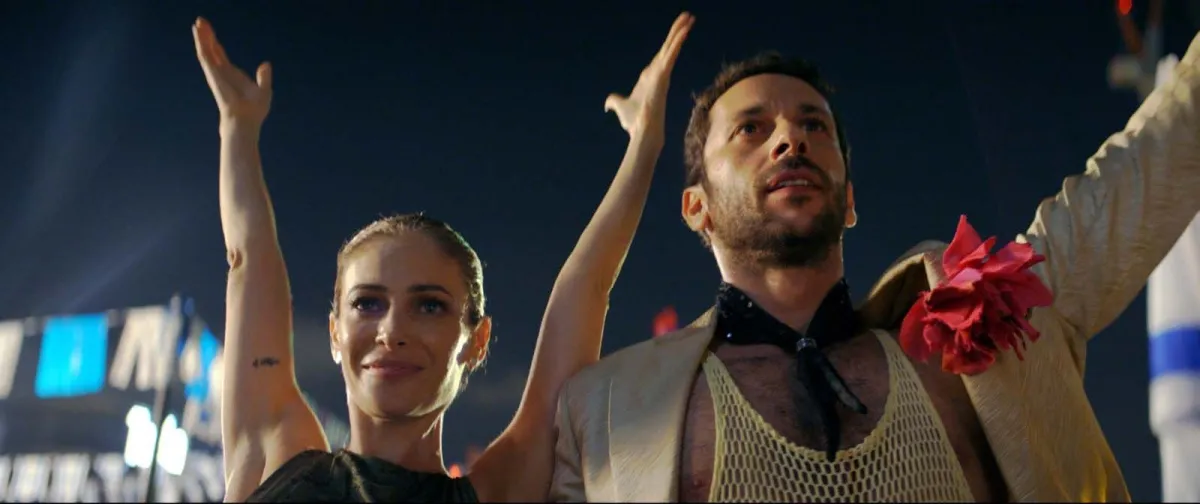
The artistic rendering of a political film is in Lapid’s hands as effective as a raw documentary, because it explores a terrain that we rarely have the chance to contemplate, dabbles among the roots of an aggression that international powers allow, from a privileged and free, uninhibited, and loquacious perspective. October 7 and the terror it experienced gave Israel the carte blanche it needed, and Lapid shows the legitimised insolence of his compatriots, who had always wondered how people can live normally while perpetrating horror, becoming the answer themselves.
Lapid, who has been living in France for some time, chooses as the protagonist of his fifth feature film (co-produced by France, Israel, Cyprus and Germany) a couple formed by Y (Aron Bronz) a talented musician reduced to a party jester and Yasmin (Efrat Dor) an urban dance teacher, parents of a baby, in love as the first day, who have become hustlers, called upon at jet-set parties, where they work as entertainers and even prostitute themselves. Acceptance of their social success as entertainers has failed to annihilate their political conscience, so Y will experience an existential crisis fuelled by the virtual presence of his recently deceased mother, whose teachings he remembers and represents through the clouds in the blue sky. In the manner of Woody Allen in New York Stories (1989), this Jewish mother is not castrating but inspiring, and her example forces her son to rethink the legitimacy of his choices over and over again.
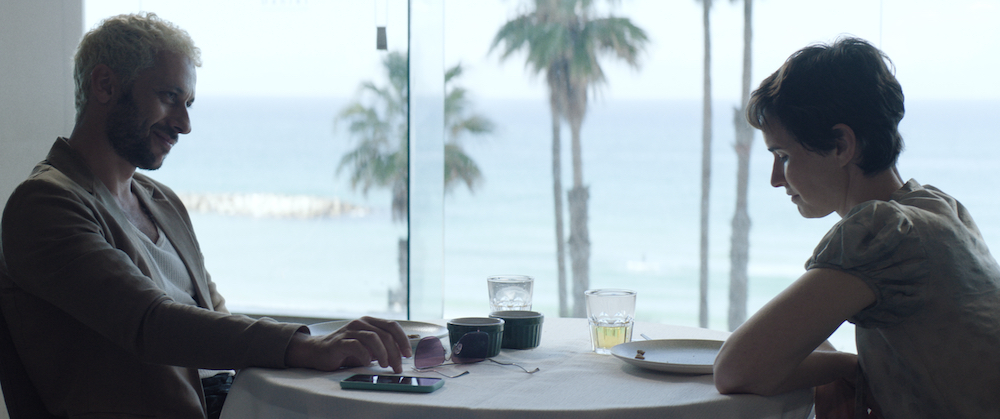
Lapid’s imagery is super-effective, and we come to marvel at how the supposed caricatures of Zionist hotheads come across as all too real, in a visually stunning film that even breaks the fourth wall, as a military man lists all the Israel-hating establishment, addressing the film’s audience as well, to accuse them of anti-Semitism. When Y is offered the opportunity of a lifetime, to compose the music for Israel’s new anthem with indecent lyrics, the life crisis will worsen. At this turning point, obsessed by the assignment, he turns to his old friend and former girlfriend, translator Leah, wonderfully played by Lapid’s wife Naama Preis, and we accompany them on an intense, if brief, road trip across the border into the desert, seeing Gaza shadowed by smoke, remembering old times and attempting to make radical decisions. During the trip, Leah, in a rapturous, absent-minded monologue, recounts the details of the 7 October massacre, to which she had access because of her job, and brings yet another point of view to Y’s difficult decision and ambivalent attitude. On his return to Tel Aviv, the marital crisis will add to the drama, losing his most important support and what little balance he had left.
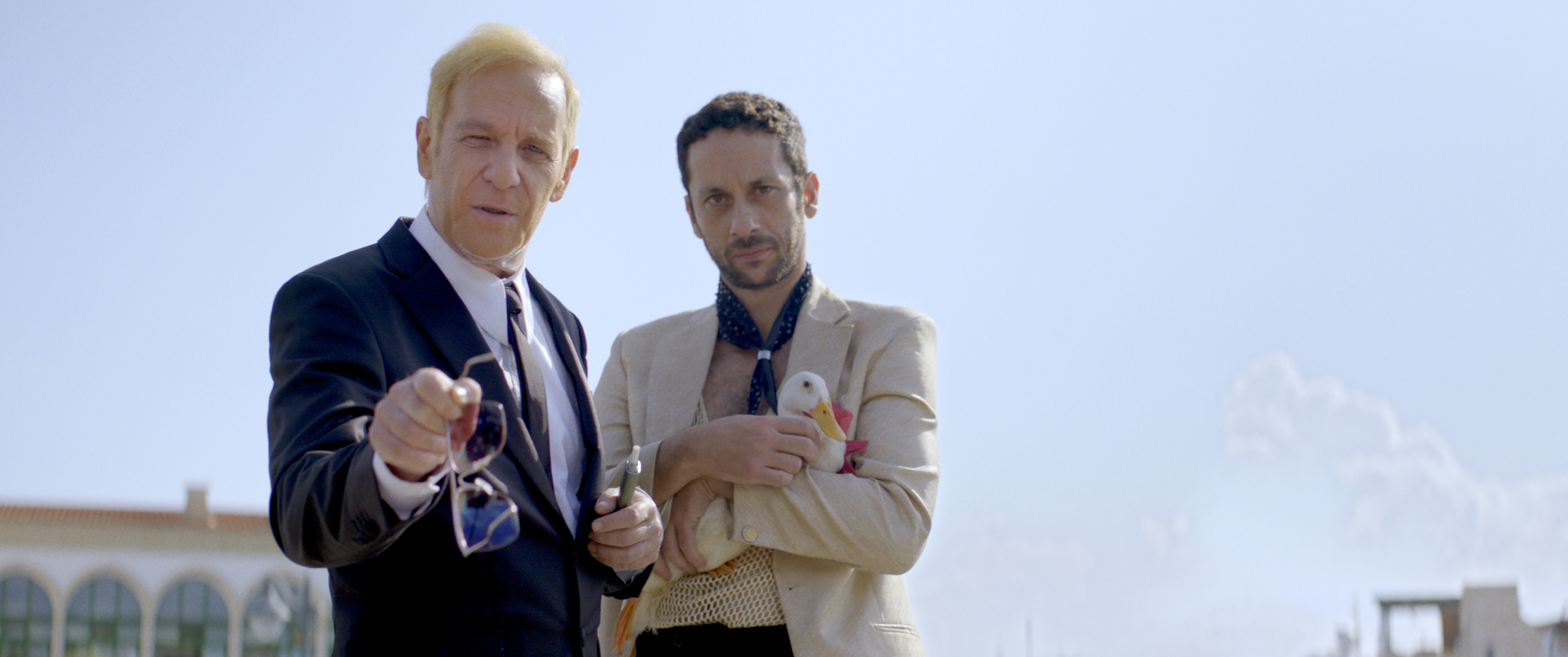
In the last part of Yes, the exclusive party on a private island, which will theoretically change the protagonists’ fortunes and solve their economic problems (following separate lives thereafter) will be hosted by the Russian oligarch (Aleksey Serebryakov) who controls the situation and has placed the order with Y, and who arrives with a catalogue of gifts for the president and Yasmin, including a thoroughbred (Trump has received his new Air Force One from Qatar). It is then that we are shown footage of a children’s choir performing the new anthem, which includes references to the Nazis they are to annihilate in Gaza. Lapid is inspired by the Zionist activist group Civic Front, which proposed updating Haim Gouri‘s classic song ‘Hareut’, in a climactic finale where rage and provocation are overtaken by reality, in a film that is as brilliant as it is effective.



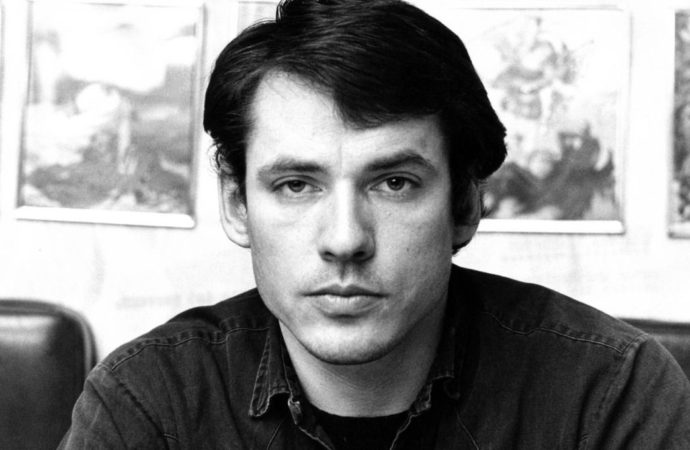
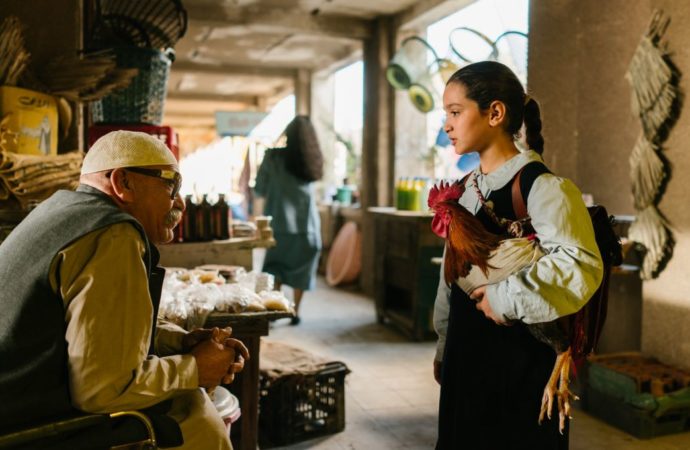
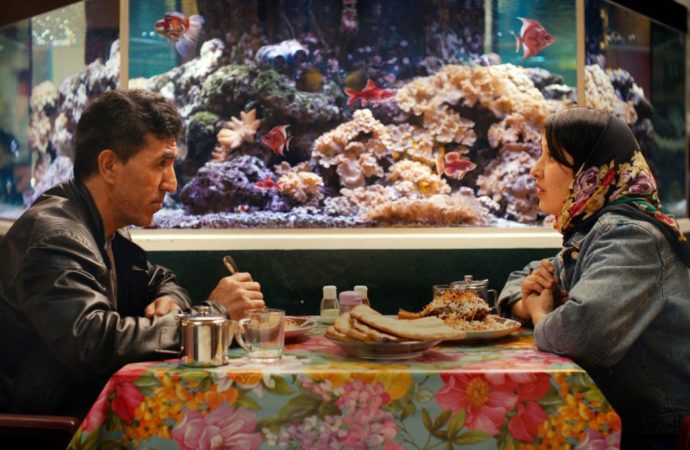

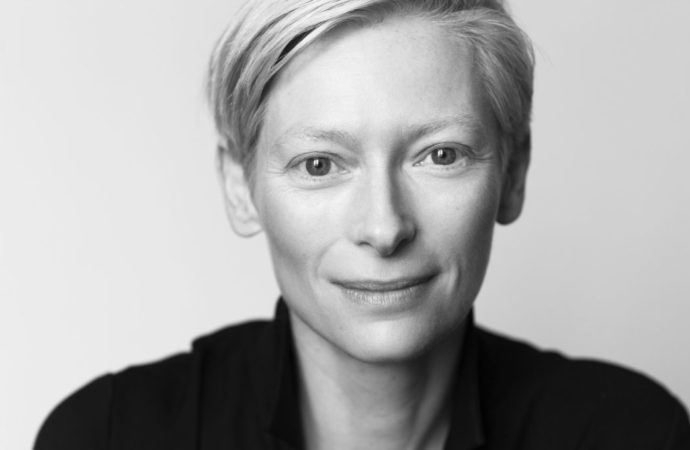

No one has posted any comments yet. Be the first person!